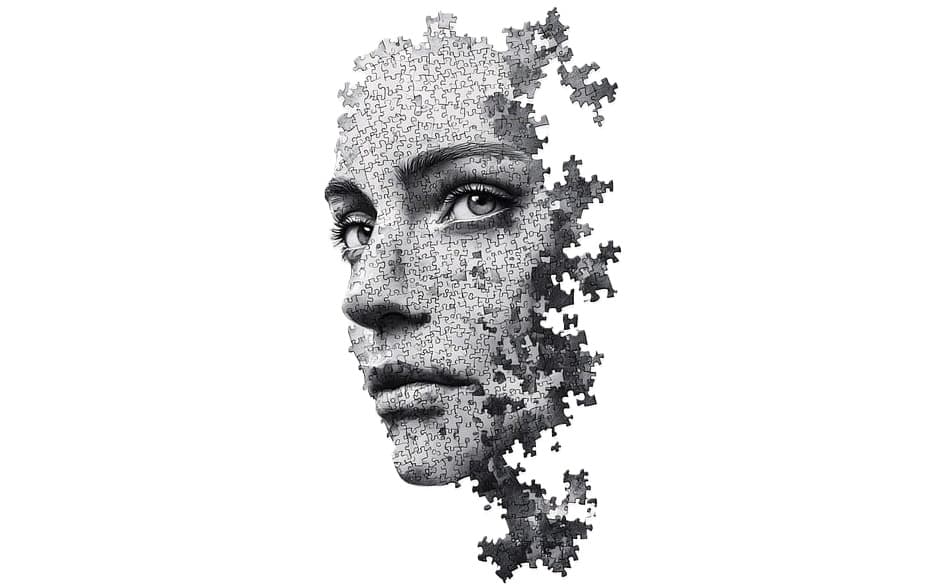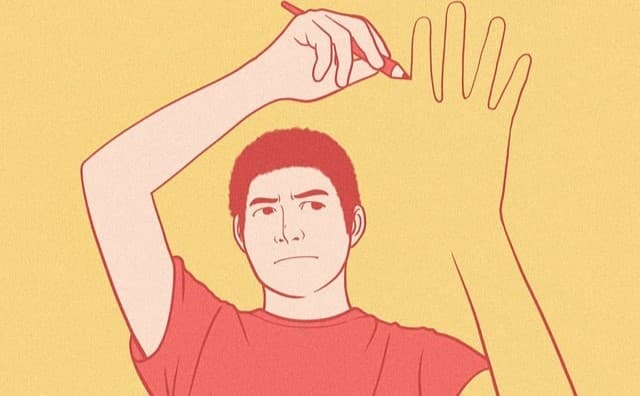
Integration in Social Perception
Integration in Social Perception is the process of combining trait attributions into a unified impression of others.

Integration in Social Perception is the process of combining trait attributions into a unified impression of others.

Attribution explains how people interpret causes of behavior and events, shaping judgments, emotions, and social interactions.

Self-presentation is how we shape others' perceptions, balancing authenticity and strategy to influence social and professional success.

Self-concept is an individual's perception of their traits, roles, and values, shaped by experiences and social interactions.

The self-serving bias explains how we attribute successes to ourselves, externalize failures, and how cultural and psychological factors shape this tendency.

Self-regulation is the ability to manage behavior, emotions, and thoughts to achieve goals or adapt to challenges. Explore tips for adults and children to develop self-regulation skills.

Insights into self-esteem, its development, effects on mental health, and actionable tips to build confidence and resilience in daily life.

Explore Objective Self-Awareness, its effects on behavior and well-being, and tips for managing self-esteem healthily.

Self-Discrepancy Theory explores the emotional and psychological effects of the gap between our actual, ideal, and ought selves, influencing motivation and well-being.